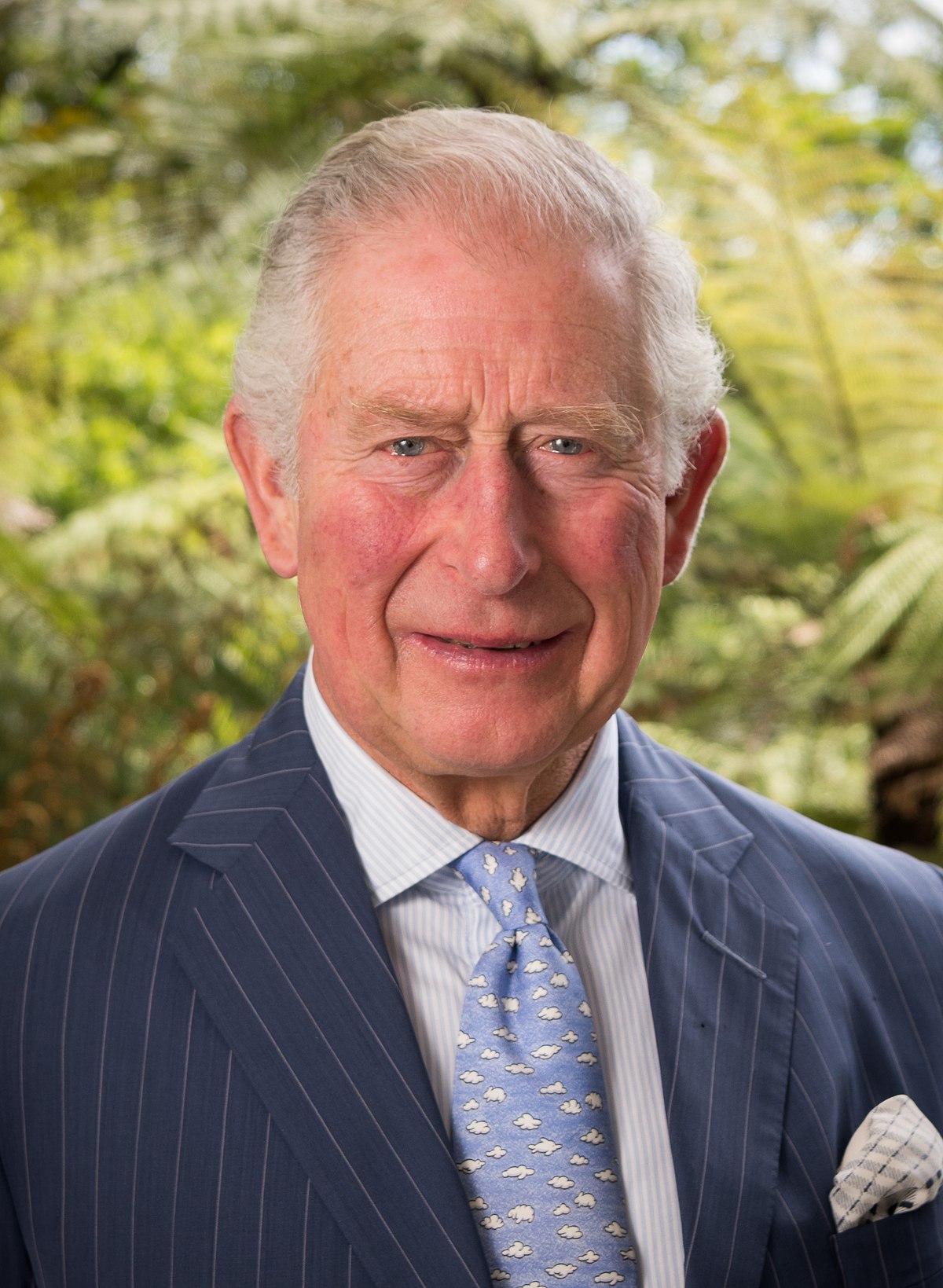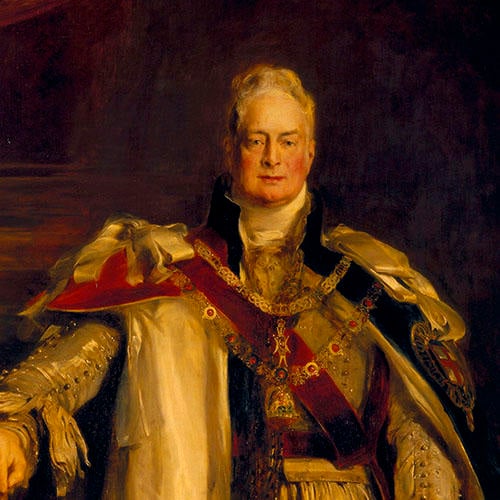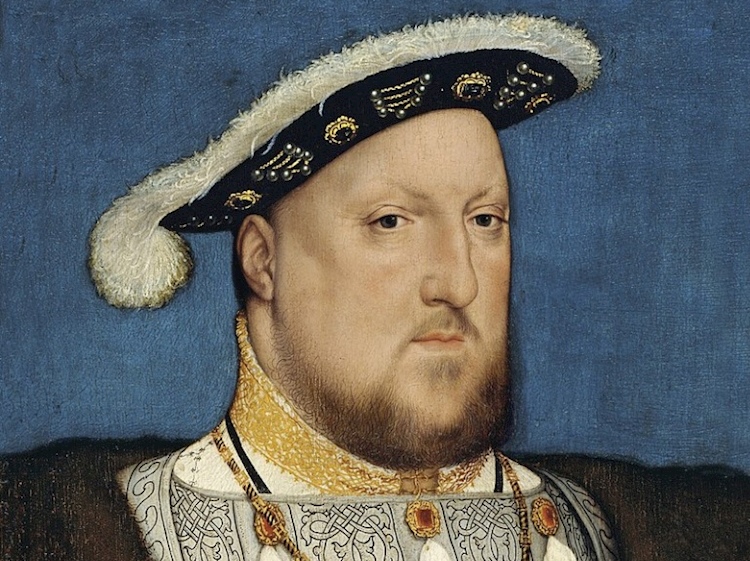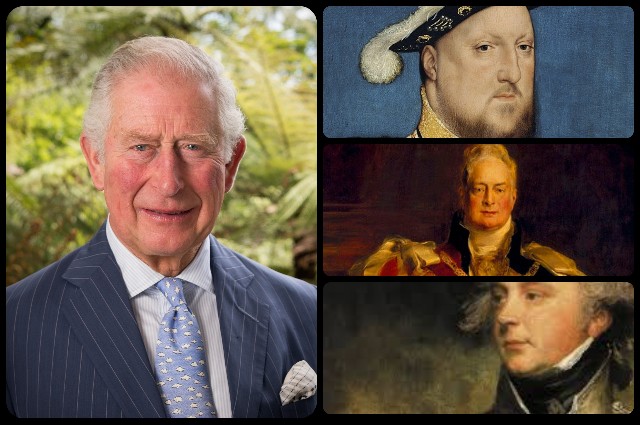At 73 years old, King Charles III stands as one of the most aged British royals to attain the throne. He has ascended after his mother, Queen Elizabeth II, who reigned for a remarkable 70-year tenure.
Having dedicated his life to public service and philanthropy, King Charles III now embraces his fresh responsibilities as the leader of the nation and assumes the esteemed position of Head of the Commonwealth.
He joins the distinguished ranks of three other British monarchs who were similarly crowned during their advanced ages, etching his name alongside theirs in the annals of history. Check out other British monarchs who ascended the throne at old age

1. 1830: King William IV – 64 years, 308 days

William IV ascended to the throne in 1830, at the age of almost 65. Despite being the third child of King George III, William was not initially expected to become the British monarch. In his youth, he joined the Royal Navy at the age of 13 and served under the renowned Horatio Nelson. He even participated in the American War of Independence, where he narrowly escaped being kidnapped by General Washington.
Due to his position as the younger of his two brothers, William enjoyed a life of relatively greater freedom compared to his older sibling, George IV. However, when both his brothers passed away without leaving any heirs, the weight of the monarchy fell upon William’s shoulders.
During his reign, William had fathered eight children with different women, but none of them were legitimate heirs. Despite this, he became a cherished and respected ruler, known for his love and devotion to his people. Though his reign lasted merely seven years, he utilized this time to stabilize the kingdom, preparing it for the succession of his niece, Victoria, who would go on to become a significant monarch in British history.
2 1901: King Edward VII – 59 years, 73 days

Albert, Edward VII was the eldest child of Queen Victoria and was born as Albert. He spent nearly 60 years as the heir apparent to the throne and dedicated his life to serving as the Prince of Wales. During this time, he represented the crown by undertaking royal visits and engagements. For a long time, he held the record for being the longest living heir apparent in British history, but that honor now belongs to King Charles III.
When he became king in 1901, he chose to reign under the name Edward in order to respect his father’s legacy. Despite having a short reign of less than a decade, Edward VII did not let his advanced age hinder his time as king. Like his great uncle William IV, he used his reign to establish a strong and stable foundation in the kingdom for his eldest son, George V.
Unfortunately, Edward’s final years were plagued with ill health due to his habit of smoking. He suffered from bronchitis, dizziness, and difficulty breathing. Despite these health issues, Albert continued to work late into the night until his death.
3. 1820: King George IV – 57 years, 169 days

Upon ascending the throne in January 1820, George IV was already well aware of the immense power that accompanied the crown. Acting as the Prince Regent intermittently from 1811 due to his father’s deteriorating mental health, George IV, at the age of 58, inherited the title of king despite his own less-than-ideal state of health.
Having indulged in a life of excessive luxury and extravagance, characteristics that had become synonymous with the regency era, George IV had fallen out of favor with the general populace. Despite living during a period of relative peace across the globe, the public viewed him as an aging man burdened by his heavy drinking, laziness, and lustful behavior. Consequently, when he passed away at the age of 68, there was little display of mourning for the monarch. The Times went as far as publishing a scathing critique of his reign, stating:
“No other individual has been mourned less by his fellow human beings than this deceased king. Whose tears have been shed for him? Whose hearts have genuinely and selflessly mourned his passing? … If he ever had a friend, a truly devoted friend from any walk of life, we must declare that their existence never came to our attention.”
